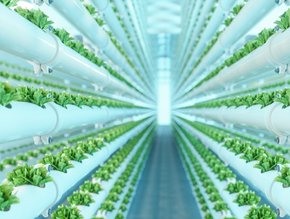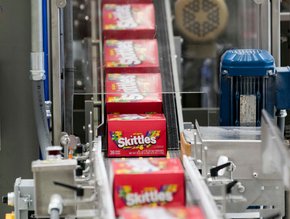Whitbread reinforces its commitment to net zero targets

Whitbread PLC - the UK’s largest hospitality business - has published a comprehensive guide outlining its long-term decarbonisation plans. In the guide, Whitbread outlines its priorities, plans and projects to reach its newly validated Science-Based Targets Initiative (SBTi) carbon target.
Key targets outlined by the company include bringing its Scope 1 and 2 emissions down to zero by 2040; reaching net zero greenhouse gas (GHG) emissions across its value chain by FY2050; and reducing its Scope 3 emissions of over 58% by FY2030 and 90% by FY2050.
In addition, Whitbread’s plans also include a commitment to remove mains gas from its existing estate where possible - including more than 800 Premier Inn hotels - and use a wide range of initiatives to embed decarbonisation throughout the business. Such initiatives will include the installation of air source heat pumps; solar photovoltaic (PV) panels; only using renewable energy; and the installation of more energy-efficient kitchen equipment.
“Our Net Zero plan is integral to our business plan. Setting ambitious carbon reduction targets across Whitbread supports our people recruitment and retention, attracts more customers and has a positive impact on our local communities and suppliers. We are in a strong position as one of the few hospitality businesses to own its assets to leverage our rate of change and be confident of delivering our low carbon ambitions,” said Dominic Paul, CEO, Whitebread.
Rosana Elias, Head of Sustainability, Whitebread added: “We have been working on reducing our climate impact for a while and have successfully trialled the installation of air source heat pumps in 40 of our hotels and use solar power across over 20% of our estate. Today’s plan doubles down on our commitment to reinvent budget hotels for the net zero age.
“We have taken a holistic approach – from how we build and operate our buildings and restaurants to how we power them through renewables, and we will work with suppliers, employees and customers to support a just transition. We want to provide sustainable and affordable accommodation and dining options, allowing our guests to make choices that align with their values without having to compromise on the product and service they receive. We don’t claim to have all the answers now, but our plan will evolve over time and evolve as the technologies and policies that we rely on for success develop further,” she concluded.






